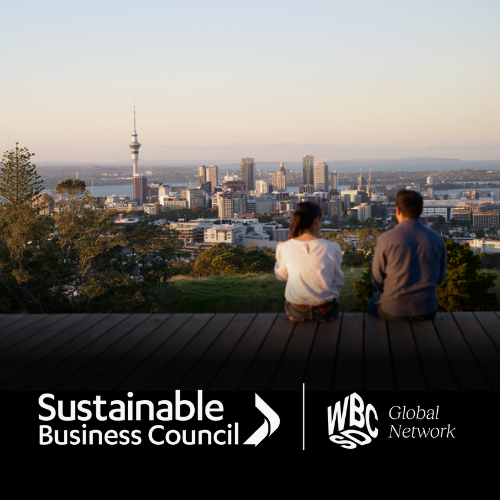Are you equipped to thrive in the new realities of work?
How much has the nature of work changed since you started your career? Does anyone remember using a typewriter or fax? How many of us even have a desk phone now, or for that matter a fixed desk? Work and the workplace has always been changing, but not necessarily at the scale and speed being predicted in the near future.
How much has the nature of work changed since you started your career? Does anyone remember using a typewriter or fax? How many of us even have a desk phone now, or for that matter a fixed desk? Work and the workplace has always been changing, but not necessarily at the scale and speed being predicted in the near future.
Work is being rapidly transformed by technologies such as AI, robotics and data analytics. The transitions involved are likely to affect all industries in some way. The effects will also be amplified by other forces of changes such as shifting demographics and the transition to a sustainable, zero carbon economy.
But what could the Future of Work (FoW) look like in practice, and when will it arrive? Behind the iconic red fence of the Ports of Auckland, they are changing the face of their industry globally. Twenty years ago saw delivery of its first container cranes. Last year they installed 25 automated container straddles – becoming the first port in the world to use a hybrid robotic/ manual system for (un)loading containers. By 2020 automation will contribute to a 50% increase in the Port’s capacity. And that is only a tip of the iceberg for the Ports’ vision, and there are other SBC members leading the way.
Tony Gibson (Ports of Auckland) and other SBC members talked about developments at the FoW session at SBC’s Annual Council Meeting last year – see the full playlist
Future of Work means people and skills – not technology
But don’t think the Future of work (FoW) is all about technology. It’s not, it’s about people.
Many opportunities lie ahead for business – to develop new and improved products and services, as well as reconsidering the roles of individuals, organisations and communities at work, in ways that not only create value and boost productivity, but also enable people to thrive by unlocking their true potential.
A commonly held view is that as a country, there will be no net job losses. That may prove to be true, but there will be uncertainty and disruption. New jobs will be created, partly or wholly replacing others. Those people in roles most vulnerable, may be the least equipped to seize the new opportunities. Furthermore, today’s skills will not match the roles of tomorrow and newly acquired skills may quickly become obsolete.
A reskilling imperative
A key challenge facing companies in an era of technological disruption is a need for company-wide employee upskilling. As Tony Gibson put it, the “biggest risk is to the low skilled workers“. And that is why Ports have put into place a company-wide reskilling programme.
To give you a sense of urgency, global research shows that in less than three years time, no less than 54% of all employees will require significant re- and upskilling. Of these, about 35% are expected to require additional training of up to six months.
If the transitions involved are poorly managed, risks could include widening skills gaps, growing inequality, job losses, skills transitions and the casualisation of work. The transitions involved call for urgent, decisive action – both individually and collaboratively – to seize these opportunities and to mitigate potential risks.
Businesses that put sustainability at their core must take responsibility for people as well as planet and profit. This responsibility calls for a strengthened social contract that goes beyond caring for the wellbeing of employees, to managing the broader impacts on society of which they are a part.
So are you equipped to thrive in the new realities of work? Wondering how to get started? The latest report from SBC provides information on the key issues facing business. The report also sets out key questions to help directors and executive management build oversight and prepare for the changing nature of work and to prosper by generating inclusive and sustainable growth and development.
Want to get involved?
Chief executives and directors are invited to SBC’s Future of Work breakfast event on 1 April.
If you would to get involved in the Future of Work programme please drop me a line: [email protected]
Contact: Robert Perry, Sustainable Leadership Manager
Phone:
Email:

